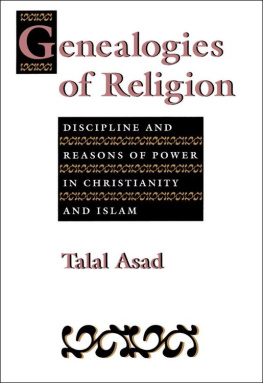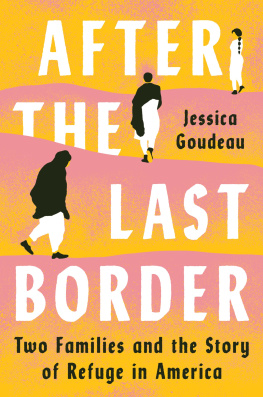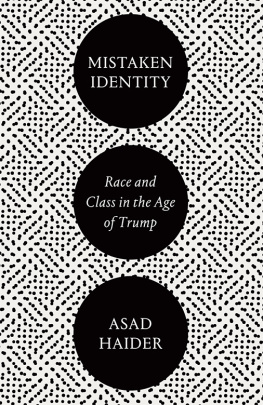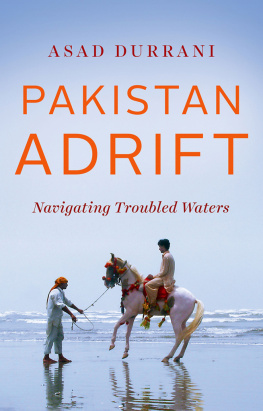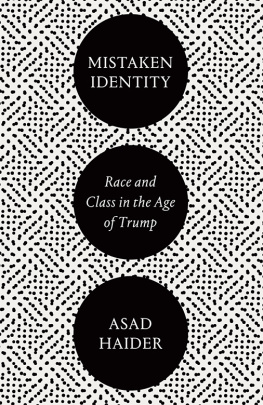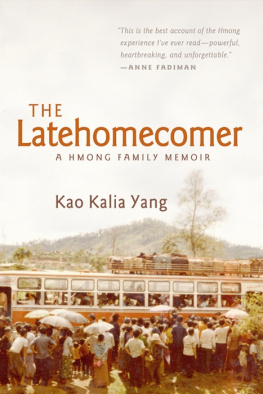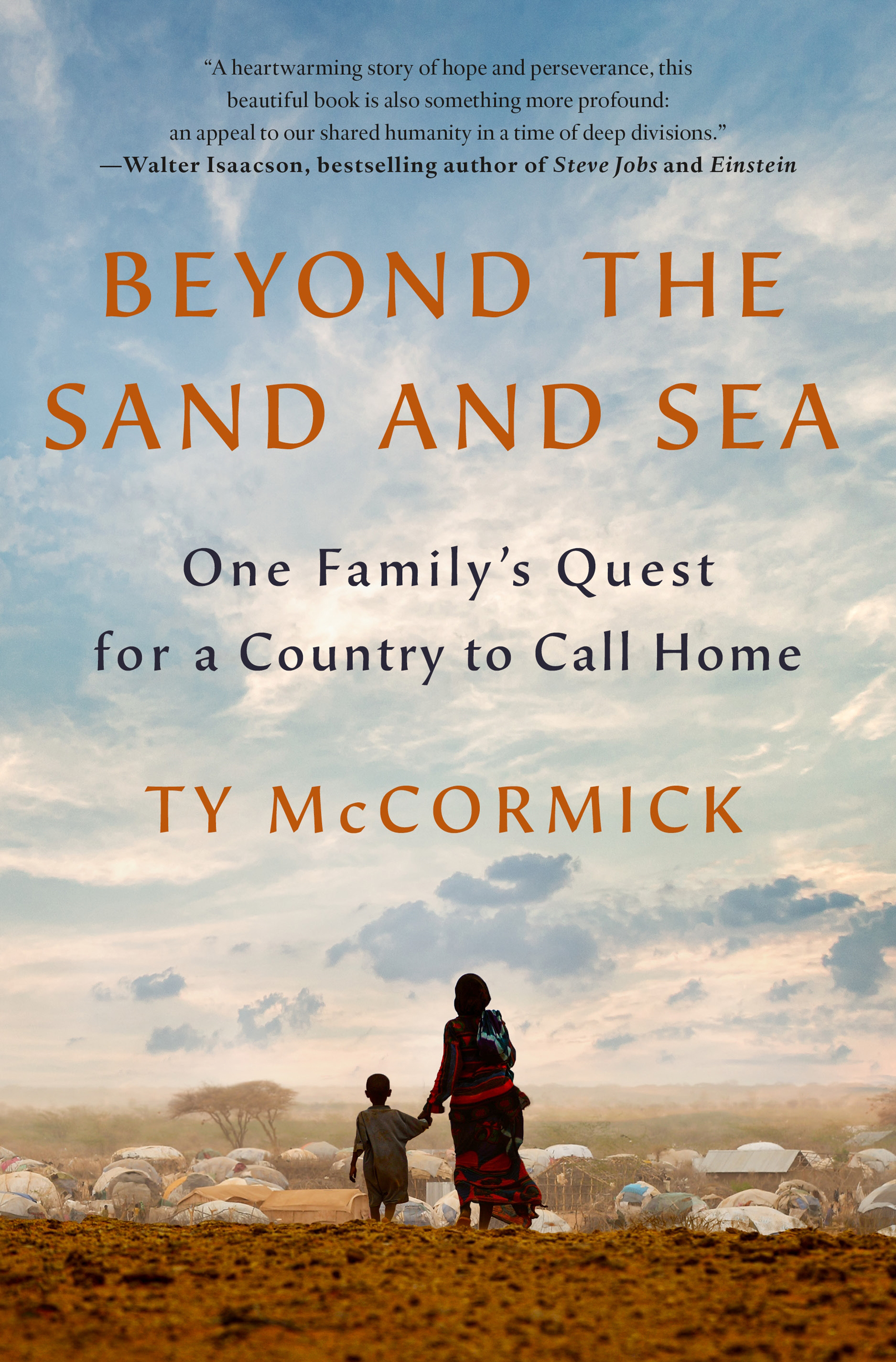Ty McCormick - Beyond the Sand and Sea: One Familys Quest for a Country to Call Home
Here you can read online Ty McCormick - Beyond the Sand and Sea: One Familys Quest for a Country to Call Home full text of the book (entire story) in english for free. Download pdf and epub, get meaning, cover and reviews about this ebook. year: 2021, publisher: St. Martins Publishing Group, genre: Non-fiction. Description of the work, (preface) as well as reviews are available. Best literature library LitArk.com created for fans of good reading and offers a wide selection of genres:
Romance novel
Science fiction
Adventure
Detective
Science
History
Home and family
Prose
Art
Politics
Computer
Non-fiction
Religion
Business
Children
Humor
Choose a favorite category and find really read worthwhile books. Enjoy immersion in the world of imagination, feel the emotions of the characters or learn something new for yourself, make an fascinating discovery.

- Book:Beyond the Sand and Sea: One Familys Quest for a Country to Call Home
- Author:
- Publisher:St. Martins Publishing Group
- Genre:
- Year:2021
- Rating:3 / 5
- Favourites:Add to favourites
- Your mark:
Beyond the Sand and Sea: One Familys Quest for a Country to Call Home: summary, description and annotation
We offer to read an annotation, description, summary or preface (depends on what the author of the book "Beyond the Sand and Sea: One Familys Quest for a Country to Call Home" wrote himself). If you haven't found the necessary information about the book — write in the comments, we will try to find it.
From Ty McCormick, winner of the Robert F. Kennedy Journalism Award, an epic and timeless story of a family in search of safety, security, and a place to call home.
When Asad Hussein was growing up in the worlds largest refugee camp, nearly every aspect of life revolved around getting to Americaa distant land where anything was possible. Thousands of displaced families like his were whisked away to the United States in the mid-2000s, leaving the dusty encampment in northeastern Kenya for new lives in suburban America. When Asad was nine, his older sister Maryan was resettled in Arizona, but Asad, his parents, and his other siblings were left behind. In the years they waited to join her, Asad found refuge in dog-eared novels donated by American charities, many of them written by immigrants who had come to the United States from poor and war-torn countries. Maryan nourished his dreams of someday writing such novels, but it would be another fourteen years before he set foot in America.
The story of Asad, Maryan, and their familys escape from Dadaab refugee camp is one of perseverance in the face of overwhelming adversity. It is also a story of happenstance, of long odds and impossibly good luck, and of uncommon generosity. In a world where too many young men are forced to make dangerous sea crossings in search of work, are recruited into extremist groups, and die at the hands of brutal security forces, Asad not only made it to the United States to join Maryan, but won a scholarship to study literature at Princetonthe first person born in Dadaab ever admitted to the prestigious university.
Beyond the Sand and Sea is an extraordinary and inspiring book for anyone searching for pinpricks of light in the darkness. Meticulously reported over three years, it reveals the strength of a family of Somali refugees who never lost faith in Americaand exposes the broken refugee resettlement system that kept that family trapped for more than two decades and has turned millions into permanent exiles.
Ty McCormick: author's other books
Who wrote Beyond the Sand and Sea: One Familys Quest for a Country to Call Home? Find out the surname, the name of the author of the book and a list of all author's works by series.

